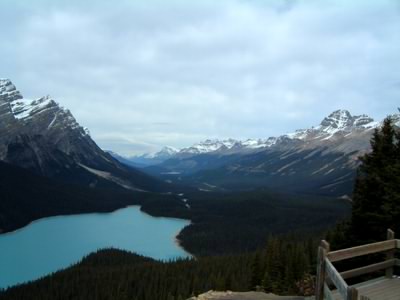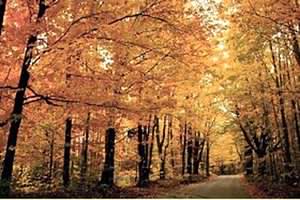“The Log Cabin Timber species and quality,
is essential to your log cabin project!”
 The log cabin timber species, where it was grown, how old it is, what part of the tree it came out of and how it was dried, will all affect the end product. What you really need to know is, simply what does all that mean to you choosing the right logs. So we will go over this section in basic terms before you can really see what these details mean to your log cabin. It can't be stressed enough, the quality of yours logs is probably your highest priority on the whole project!
The log cabin timber species, where it was grown, how old it is, what part of the tree it came out of and how it was dried, will all affect the end product. What you really need to know is, simply what does all that mean to you choosing the right logs. So we will go over this section in basic terms before you can really see what these details mean to your log cabin. It can't be stressed enough, the quality of yours logs is probably your highest priority on the whole project!

How much do you know about Log Cabin Timber Quality?
If it is not much, you must take the time to find out more now!

 Species & Grade
Species & Grade
Different tree species are used to make log cabins, depending largely on the location of manufacture. Manufacturers will tend to try and source wood which is fairly close to them for cost reasons. Different countries will have certain species which thrive there, due to predominate weather, altitude, soil types and other physical factors. The inherent qualities of these timber can vary significantly. Not only this but the timber used for logs and other timber parts (floors, walls, ceilings etc), can be come from different grades within the same tree species.
 Location
Location
So as already mentioned, the geographical and climatic conditions have a large impact on the timber. So while your country can give a good clue, you really need to know exactly where you timber was grown if possible. Especially in large countries, with a huge land mass like this, conditions can be quite different from one part of the country to another. The location will then help you to see in more detail, what the weather conditions are like and what other physical factors might be at play here.
 Age
Age
The age of your timber is very important. In crude terms the older the timber the better quality it is likely to be. To problem is, older timber is usually more costly than younger material, because it has obviously taken much longer to get a stage where a return can be made on it. The age old problem of balancing quality and cost, is therefore a critical aspect to nail down. We will help you to see what you should expect about the age of the timber and what age is more appropriate for different applications of log cabins.

 Timber cut
Timber cut
Trees vary in size massively, with some species in North America in particular, reaching huge diameters. The pine or spruce used more traditionally in Europe is usually a fairly narrow tree, but even then there is usually enough girth to allow for more than one log to be cut from the tree trunk. Apart from the solid hand scribed whole logs, used in North America then, all other machined logs will be cut out of one larger piece of timber. This can influence your logs and we will help you discover what to look for.
 Timber moisture / drying
Timber moisture / drying
When log cabin timber is cut out of a forest, this living material will have a higher moisture content than would be desirable for use as a building material. In fact in some parts of the world the transportation of logs from the forest can take place on water, by boats pulling logs down river. In some locations this is the easiest way to move them initially but obviously once they leave the water to head towards a factory the moisture can be quite high. It is important for the stability of your log that the moisture is therefore dealt with correctly so you end up with a product which will last properly and not move beyond normal paramters.
Click here to go from log cabin timber to the homepage